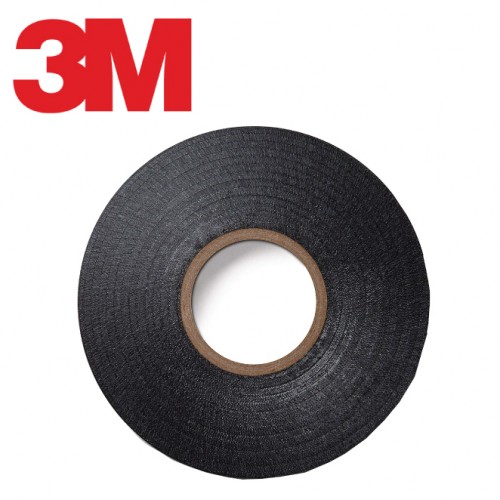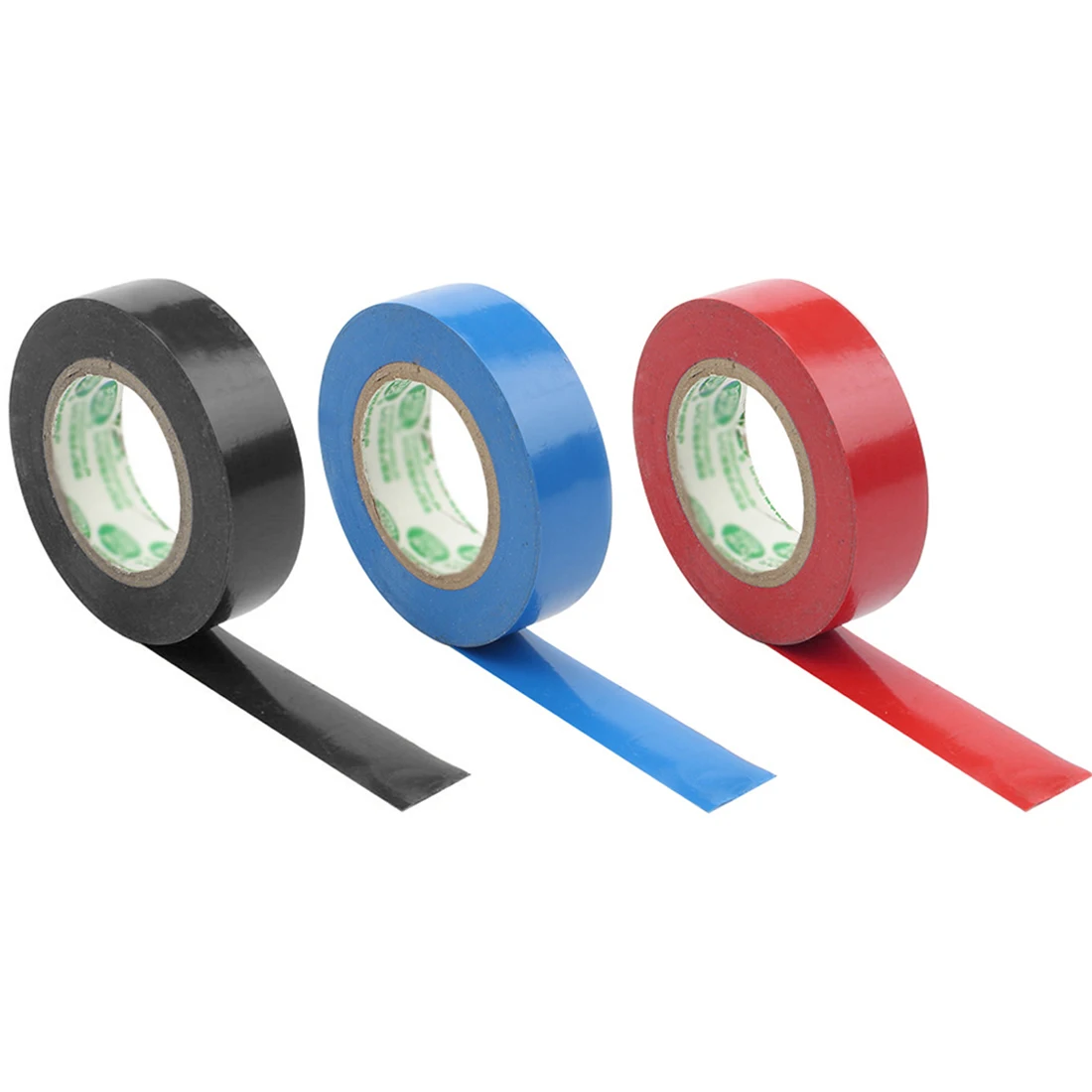

Standard Electrical Tape and Water Resistance Remember, if you’re unsure about the water resistance or waterproofing capabilities of a tape, it’s best to consult the manufacturer or seek expert advice before using it in situations where water exposure is a concern. To ensure you choose the right tape for your specific needs, it’s always recommended to check the product specifications, labels, or manufacturer’s instructions to understand the level of water protection offered by a particular tape.Īlso Read This: Do Electric Cars (EVs) Need Oil Changes? It’s important to note that the terms “water-resistant” and “ waterproof” can sometimes be used interchangeably, leading to confusion. On the other hand, waterproof tapes are engineered to create a barrier that prevents any water from getting through, even under more extreme conditions. While water-resistant tapes can repel water to a certain extent, they are not designed to provide complete protection against prolonged exposure or submersion. The key distinction between water resistance and waterproofing lies in the level of protection they offer. For example, they are used in plumbing repairs, outdoor gear, or situations where exposure to heavy rain or submersion is likely. Waterproof tapes are commonly used in applications where complete protection against water or submersion is required. These tapes are made to create a watertight seal, preventing any water from seeping through. On the other hand, waterproof tapes are specifically designed to provide a higher level of protection against water. They can withstand light splashes or brief exposure to water without losing their adhesive properties or integrity. Water-resistant tapes are often used in applications where occasional exposure to water or moisture is expected, such as in packaging or outdoor applications. It is designed to repel water and provide temporary protection against moisture.

When a tape is described as water-resistant, it means that it can resist the penetration of water to a certain degree. WaterproofingĬertainly! Let’s talk about the difference between water resistance and waterproofing when it comes to tapes.

Types of Electric Tape Water Resistance vs. They are commonly used in underground electrical installations or areas prone to excessive moisture. These tapes provide excellent sealing capabilities, making them ideal for applications that require high levels of water resistance. Rubber and butyl tapes are also known for their waterproofing properties. It adheres to itself, creating a tight barrier against moisture, making it suitable for both indoor and outdoor applications. It forms a solid, durable, and water-resistant seal when wrapped around electrical connections. Self-Fusing Silicone Tapeįor enhanced waterproofing, self-fusing silicone tape is a better option. However, it is not completely waterproof and may not provide adequate protection in continuous or submerged water conditions. It can withstand occasional exposure to moisture and damp environments. Standard electrical tape, commonly known as PVC tape, offers a certain level of water resistance. Types of Electric Tape Standard Electrical Tape However, standard electrical tape is not explicitly designed to be waterproof. It features excellent electrical insulation properties, protecting wires and connections from moisture, dust, and accidental contact. Electrical tape is typically made of a durable and flexible material such as vinyl or rubber.
#WATERPROOF ELECTRICAL TAPE FREE#
When applying an insulator to exposed wires or a connection, ensure the power has been disconnected, the area is free of any moisture, and is clean of any residue which can affect the adhesion of any of these products. I will be using 3 different methods which involves a liquid electrical tape, self fusing silicone tape, and adhesive lined heat shrink tube.
#WATERPROOF ELECTRICAL TAPE HOW TO#
Video tutorial on how to how to waterproof wiring.


 0 kommentar(er)
0 kommentar(er)
